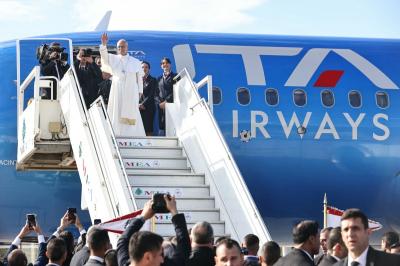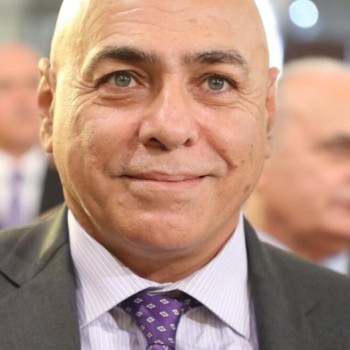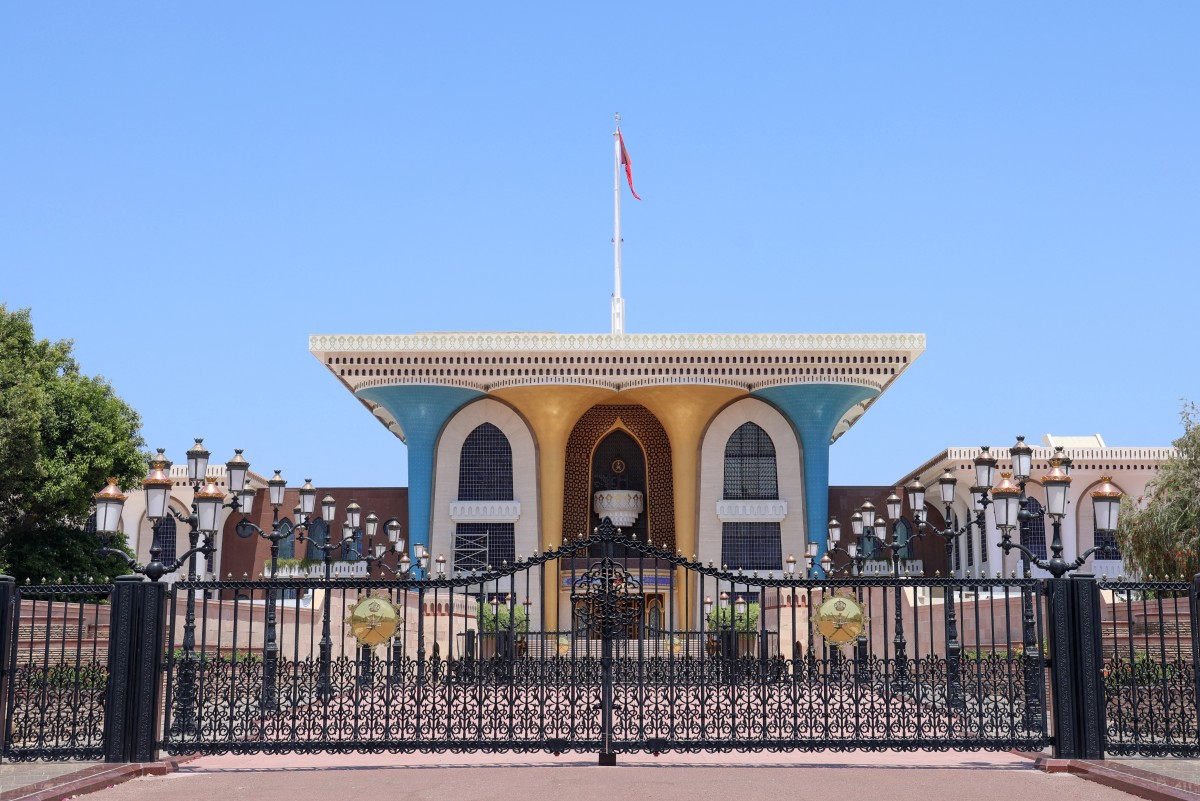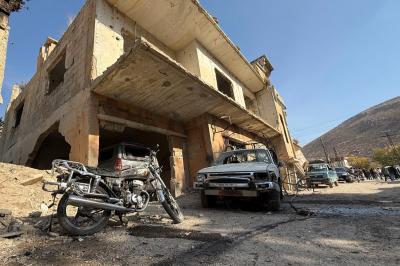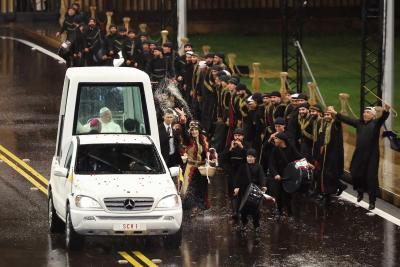How neutrality, pragmatism, and geography turned this Gulf nation into a diplomatic lifeline for adversaries.
In a region often defined by sectarian divides and explosive rivalries, the Sultanate of Oman has carved out an unlikely role: trusted mediator between some of the world’s most entrenched adversaries. From hosting clandestine nuclear talks to quietly defusing crises between Iran and the West, Oman's unassuming diplomacy has repeatedly prevented the Middle East from spiraling into broader conflict. And today, Oman is hosting another round of talks between the United States and Iran. President Trump surprised Iran when he said they will be direct negotiations.
But what enables this small Gulf nation to succeed where others fail?
Foundations of Oman's Diplomatic Identity
Oman's unique approach stems from decades of strategic neutrality. While its Gulf neighbors rallied behind Saudi Arabia or Iran, Muscat charted a different course. Its relationship with Tehran dates to the 1970s, when Iran's Shah helped Sultan Qaboos quash the Marxist-inspired Dhofar Rebellion—a debt Oman never forgot. Even after Iran's 1979 revolution, Oman resisted pressure to join Gulf Arab efforts to isolate the Islamic Republic, instead advocating dialogue.
At the same time, Oman deepened ties with the West. A 1980 defense pact granted the U.S. access to strategic ports and airfields, including facilities later used for operations in Afghanistan and Iraq. This balancing act—friendship with Iran and the U.S.—laid the groundwork for Oman’s role as a bridge.
Anatomy of Mediator: Why Oman?
Oman prides itself on its geopolitical neutrality. Its refusal to take sides in Sunni-Shia rivalries is rooted in its Ibadi Muslim identity, a distinct branch of Islam that emphasizes moderation. It sees itself as a stabilizer, not a player in zero-sum games. This neutrality earned trust on all sides: Iran views Oman as non-threatening, while the U.S. and Gulf states see it as a credible messenger.
Oman has always opted for discretion over drama. Unlike flashy mediators, it prefers backroom shuttle diplomacy. During the 2013–2015 nuclear negotiations, Omani officials secretly hosted U.S. and Iranian delegations in Muscat hotels, ferrying proposals between rooms. "No leaks, no grandstanding—just results," recalls a former State Department official. This discretion proved vital again in 2024, when Oman relayed Iran's warnings ahead of its retaliatory strike on Israel, averting a regional war.
Oman also is a champion of economic pragmatism, as its mediation isn't purely altruistic. A proposed $60 billion Iran−Oman gas pipeline—stalled by U.S. sanctions—hinges on diplomatic thaw. Post−2015 nuclear deal, Omani banks reportedly helped Iran access $5.7 billion in frozen funds. It is economic survival that drives Muscat's diplomacy as it needs calm to diversify beyond oil.
Then there is what they call in real estate "location, location, location." Oman's 1,200-mile coastline overlooks the Strait of Hormuz, through which 30% of the world's seaborne oil passes. Regional conflict could cripple its economy, making de-escalation a matter of self-interest.
Oman in Action: Crisis Management, Deals
How efficient is the Omani mediation? Let's take some case studies, with the first being the Joint Comprehensive Plan of Action also known as the "Nuclear Deal."
After Iran sent a secret letter via Muscat in 2012, Omani spies and diplomats hosted eight rounds of covert talks. "Without Oman, there's no JCPOA," says former CIA director William Burns. Post-deal, Oman even lobbied skeptical Gulf states to support the agreement.
The second case study is hostage diplomacy. Indeed, Oman has brokered prisoner swaps for decades, including the 2011 release of U.S. hikers jailed in Iran. These humanitarian gestures build goodwill—and remind global powers of Oman's unique access.
Thirdly, let’s contemplate Oman's containing the 2023–2024 chaos. In fact, after Iran's strike on Israel in April 2024, Oman became a crisis hotline. Officials shuttled messages between Washington and Tehran, urging restraint.
Challenges to "Switzerland of the Gulf"
Yet, Oman's strategy is not risk-free, as the Trump administration's 2018 withdrawal from the JCPOA shattered years of Omani groundwork.
Also, one has to believe that Saudi Arabia and the UAE distrust Oman's Iran ties, complicating Gulf Cooperation Council unity.
In addition, the 2020 death of Sultan Qaboos, architect of Oman's neutrality, raised questions about continuity. Yet his successor, Haitham bin Tariq, has upheld the status quo.
Oman's Role Matters More
Oman matters more to the United States. As Middle Eastern alliances shift, evidenced by China's 2023 Saudi-Iran détente, Oman offers the U.S. a rare channel to Iran amid frozen formal ties. For Tehran, Muscat is a pressure valve to avoid isolation. And for Oman, mediation is survival: economic diversification, security, and prestige all hinge on its ability to keep rivals talking.
As tensions between Washington and Tehran simmer over Iran's nuclear advances and U.S. sanctions, expect Oman's phones in Muscat to keep ringing.
Please post your comments on:
[email protected]
 Politics
Politics
